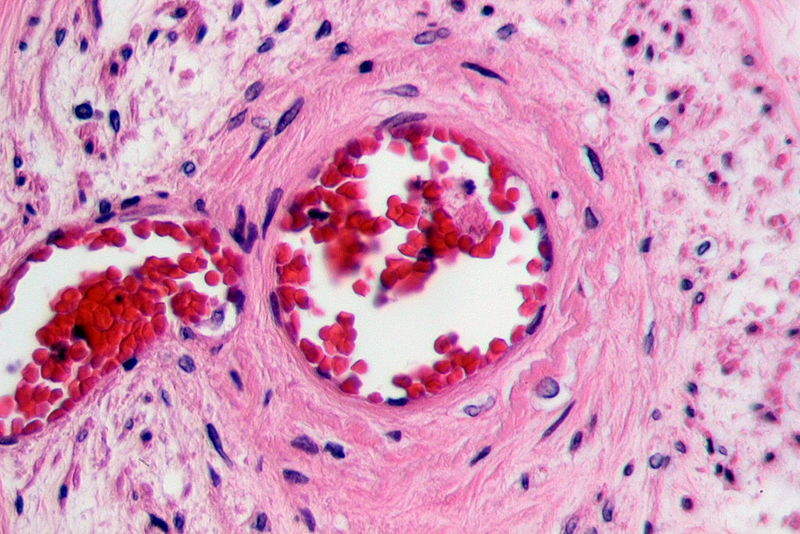
Boehringer Ingelheim and Eli Lilly have reported positive data from the EMPA-REG OUTCOME trial of Jardiance (empagliflozin) in patients with Type 2 diabetes and peripheral artery disease.
Empagliflozin is an oral, once daily, highly selective inhibitor of sodium glucose cotransporter 2 (SGLT2).

Discover B2B Marketing That Performs
Combine business intelligence and editorial excellence to reach engaged professionals across 36 leading media platforms.
When compared to placebo, empagliflozin is reported to decrease the risk of cardiovascular (CV) death by 43%, which was demonstrated during a post-hoc analysis of the EMPA-REG OUTCOME trial.
The long-term, multi-centre, randomised, double-blind, placebo-controlled trial evaluated 10mg and 25mg empagliflozin in conjunction with standard-of-care in 7,000 people across 42 countries.
Of the total participants with Type 2 diabetes that are at high-risk for CV events, 21% had peripheral artery disease at the start of the trial.
The primary endpoint of the trial was time to first occurrence of CV death, non-fatal heart attack, or non-fatal stroke.

US Tariffs are shifting - will you react or anticipate?
Don’t let policy changes catch you off guard. Stay proactive with real-time data and expert analysis.
By GlobalDataBoehringer Ingelheim corporate senior vice-president and Therapeutic Area CardioMetabolism head Dr Georg van Husen said: “Through ongoing sub-analyses of the EMPA-REG OUTCOME data, we are gaining a better understanding of how empagliflozin may help a wide range of people living with Type 2 diabetes and its complications.
“The data presented and published at the AHA Scientific Sessions showed that empagliflozin reduced the risk for cardiovascular death and kidney disease in this highly vulnerable population of people with Type 2 diabetes and peripheral artery disease.”
During the trial, treatment with empagliflozin was found to minimise death from any cause by 38%, hospitalisation for heart failure by 44%, and risk for the composite primary endpoint by 16%.
The results further revealed that the new or worsening of nephropathy decreased by 46%, while the overall CV and renal effects in peripheral artery disease patients were consistent with those previously observed in the entire EMPA-REG OUTCOME trial population.





